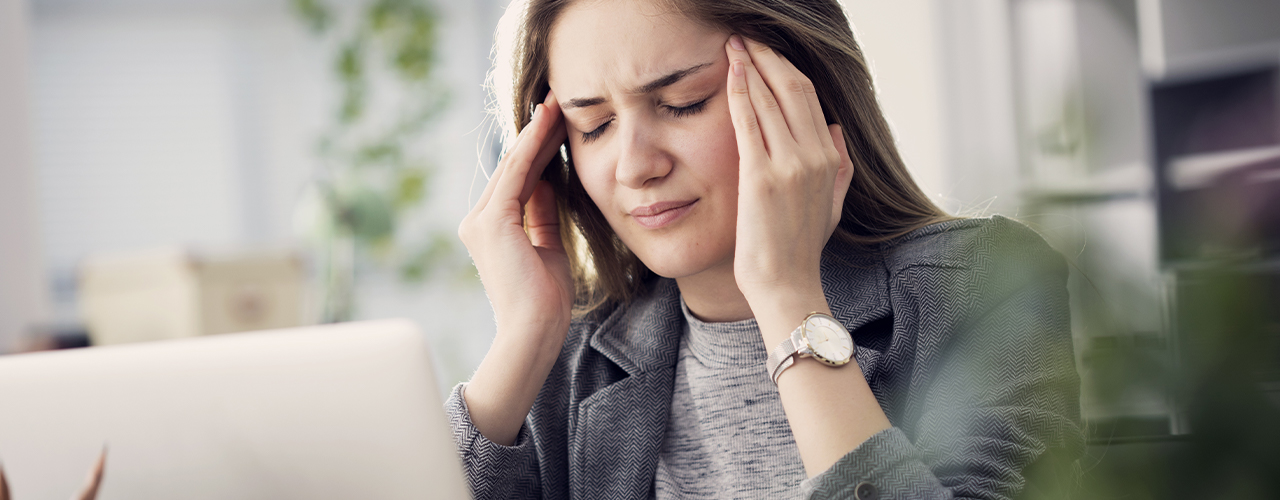As the coronavirus continues to spread around the world, increasing the number of confirmed cases of the disease, anxiety related to the Covid-19 outbreak also grows. Although the feeling of anxiety is a normal human reaction to a threat, high and constant levels of anxiety can undermine constructive responses to a crisis.
Living in a constant state of fear and concern about their behavior in social situations is extremely frustrating, which may add to the fact that the person becomes depressed and the feelings of hopelessness about life and their anxious situation increase.
Then I present some behaviors that contribute to the development of social anxiety and what can be done to reduce or extinguish them:
1. LITTLE CONTACT WITH PEOPLE
We all need a certain amount of social interaction to feel happy and content (even introverts). If you don’t have enough contact with people, it’s natural for you to feel sad, lonely and even depressed.
Even if you are anxious with certain people, try to understand what is causing this fear. Don’t make a direct association with people, but try to understand why. Are you afraid of not having a subject? Do you think you have nothing interesting to talk about? Do you get a blush on your face? Do you think people will notice your agitation and nervousness?
These fears may even be justified, but in reality, they have nothing to do with people’s fears. It has to do with the absence of a certain ability, or the presence of a negative belief about yourself, or an inability to regulate the physical symptoms of anxiety, such as sweating or a fast heartbeat.
2. Full Spectrum Oil for Anxiety
Ingested orally through liquid, the Full Spectrum Oil for Anxiety is indicated to relieve symptoms, prevent or treat diseases of the most varied types.
Its effectiveness comes from its unique ability to interact with the endocannabinoid system, which basically has the function of restoring body balance and eliminating any pathogens in the human body.
Therefore, Full Spectrum Oil for Anxiety is the recommended solution for those suffering from anxiety or who have had no responses with conventional drugs.
3. AVOIDANCE
If you avoid a wide variety of social situations, your life becomes more and more restrictive, which can contribute to the development of other personal or emotional problems.
Avoidance behavior, at first, can solve your problem related to the uncomfortable symptoms of anxiety, but it complicates your personal life because you fail to perform certain fundamental tasks.
Do not run away from what you have to do, strive to learn to deal with your discomfort. Make sure you include some fun things in your life that don’t cause anxiety. Like, for example, drawing, reading, and listening to music, going for a walk, going to the beach.
4. SELF-BLAMING AND NEGATIVE SELF-CRITICISM
Perhaps you blame yourself for your social anxiety problem. Nothing could be more damaging. It is important to remember that no one chooses to have social anxiety disorder. This is a condition that deserves careful attention and treatment.
Punishing yourself is a useless strategy, which keeps you stuck in your problem. Instead, opt for self-acceptance and self-compassion. Eventually, in the first phase, you may have tried to solve your problem and it was not successful.
5. INACTIVITY
Little social interaction can lead you to a vicious cycle of decreased mood, contributing to the development of depression, which in turn is reflected in the decrease in pleasure in the activities you previously enjoyed.
The less active you are, the more you are contributing to the onset of depression. If you are having difficulty getting out of this cycle, propose yourself to a daily schedule that includes a certain period of activity that involves going out and contacting people, then do that.
It will seem very difficult at first, but it is extremely useful. Schedule some walks around your neighborhood or in a nearby park. Physical exercise is an excellent antidote to depression.


